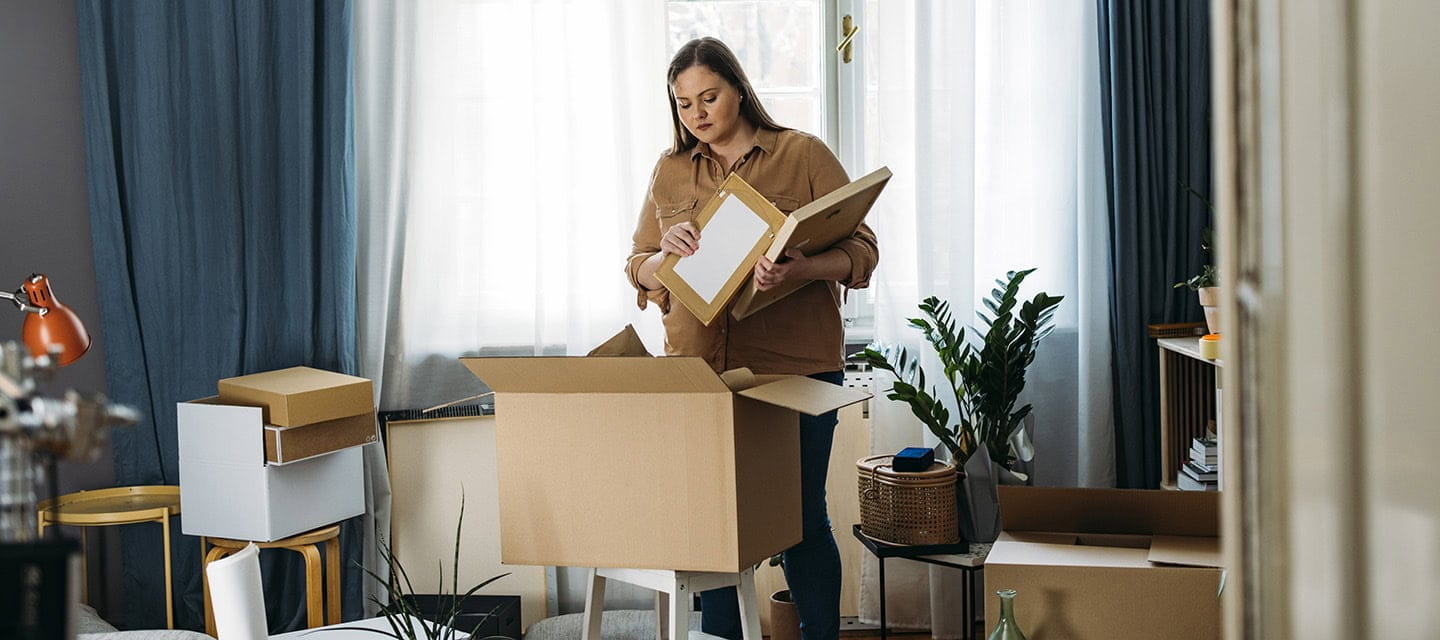
Inviting a lodger to live with you can be fruitful, with the government’s Rent a Room scheme letting you earn up to £7,500 tax-free income through rent each year.
If you’re thinking about renting to a lodger, it’s worth understanding how lodger insurance works. This type of insurance is there to protect landlords when they invite someone to live in their home.
Lodger insurance is a type of home insurance for live-in landlords with a lodger in their home. It accounts for the additional risks associated with having lodgers, offering coverage for accidental damage and theft.
Homeowners are legally allowed to invite lodgers into their homes. But there are a few things to check before pressing ahead:
For tenants, there are also some checks to make before agreeing to take on a lodger, including the following:
As a tenant, it’s always worth communicating with your landlord. This proactive approach helps you avoid the risk of eviction.
When it comes to rented housing, you’ll hear the terms ‘lodger’ and ‘tenant’. But what are the differences between these living situations?
The key feature of a lodger arrangement is that the landlord lives in the same property. Lodgers may occupy a spare room or a portion of the property, and the landlord can charge rent or not at their discretion.
Insurance note: If you have a live-in lodger, you’ll need lodger insurance to protect you from the increased risk of damage to your property and possessions.
A tenant rents a room or property from a landlord. Unlike a lodger, the landlord doesn’t live in the same property. Tenants have exclusive use of the space and pay rent to the landlord.
Insurance note: If you have tenants, consider landlord insurance, which covers properties you rent out. Saga landlord insurance includes building insurance, contents insurance, cover for accidental damage and legal expenses.
It’s worth noting that tenants can also insure themselves with renters and tenants insurance, which covers their personal possessions.
As soon as you agree to welcome a lodger into your home, let your home insurance provider know. If you don’t, you risk invalidating your policy.
Introducing a lodger can lead to adjustments in your insurance premium and sometimes to the terms of your policy. Having another person in your home increases the risk to your property and its contents. Unfortunately, not everyone’s intentions are honourable, and intentional damage or theft of your belongings can be more likely if you share your space with a lodger.
You will need to check the terms of your current policy and speak to your insurance provider to see what cover they can offer. For example with Saga, we can only cover you on our Select cover level if you have a lodger.
The landlord’s lodger home insurance doesn’t cover the lodgers’ possessions. If you’re a lodger, consider contents insurance to protect your belongings if they’re damaged or stolen.
Your insurance can cover more than one lodger, depending on the policy. Providers can offer different terms, so it’s best to contact your provider and ask.
If multiple lodgers who aren’t part of the same family move in, your home can be classed as a House in Multiple Occupation (HMO). You can find more information about HMOs on GOV.UK.
If you decide to invite a lodger to live with you, there are a few key things to consider.
Whether you're looking for straightforward insurance or cover that's packed with extras, our home insurance has plenty of options for people over 50.
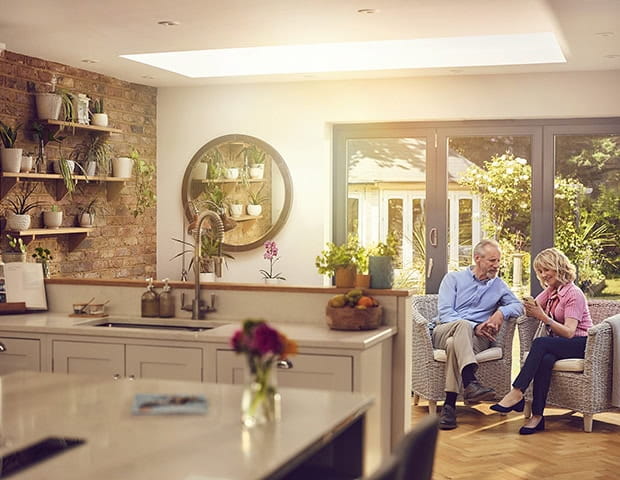

Choose our highest home cover level Saga Plus and freeze the price of your home insurance for 3 years if nothing changes. T&Cs apply.
There's plenty to explore and learn about our home insurance cover.
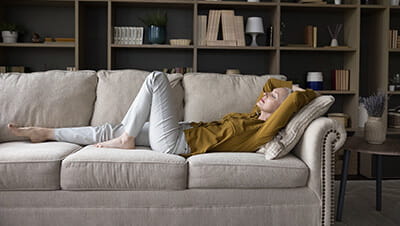
Take time to value all your possessions to ensure they’re fully covered.

Find out whether you can claim on your home insurance for your mobile phone.

What does it mean? Here’s how home insurance can help with get things back to normal after a leak.

The energy price rise is impacting millions of UK households. So, what changes can we make to keep costs down and reduce energy use at home?

Keep your home toasty and fuel-efficient with a few simple boiler maintenance tips. Avoid costly callouts with the help of our boiler care year planner.
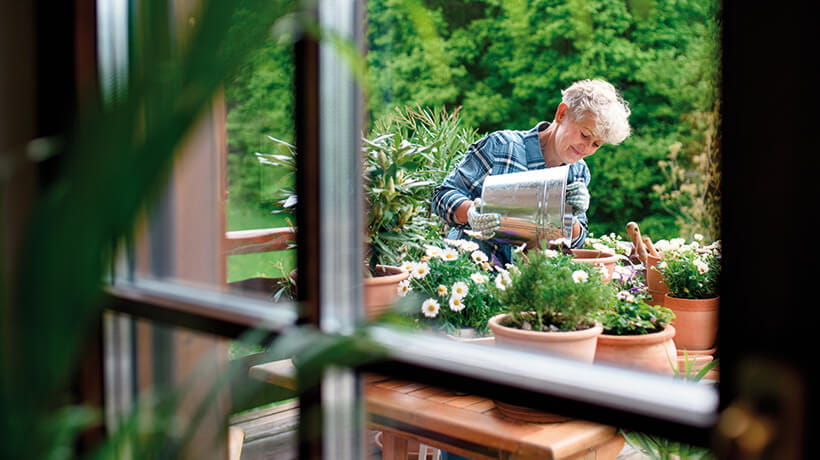
Saga home insurance comes with garden cover included. Find out what’s included and get tips to help secure your garden.
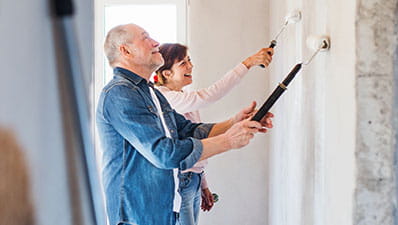
Use our seasonal home maintenance checklist to keep your home ship shape and avoid major costly repairs

Beat the burglars and protect your pressies with these top tips.

Find out how to accurately estimate the value of your home’s contents to get the right level of cover.

We’ll help you recognise the signs your boiler may be close to breaking down, find the best replacements, and estimate boiler prices so you can keep your home warm all year round.

Make sure you’ve got the right level of home insurance to cover damage caused by your pets.
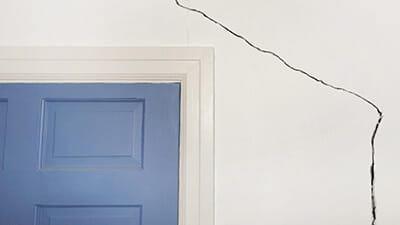
When can you fix cracks yourself and when should you ask for help?
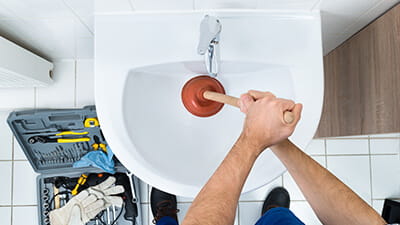
We’ll guide you through spotting a blockage, unblocking a drain and preventing further mishaps to avoid any damage to your home.